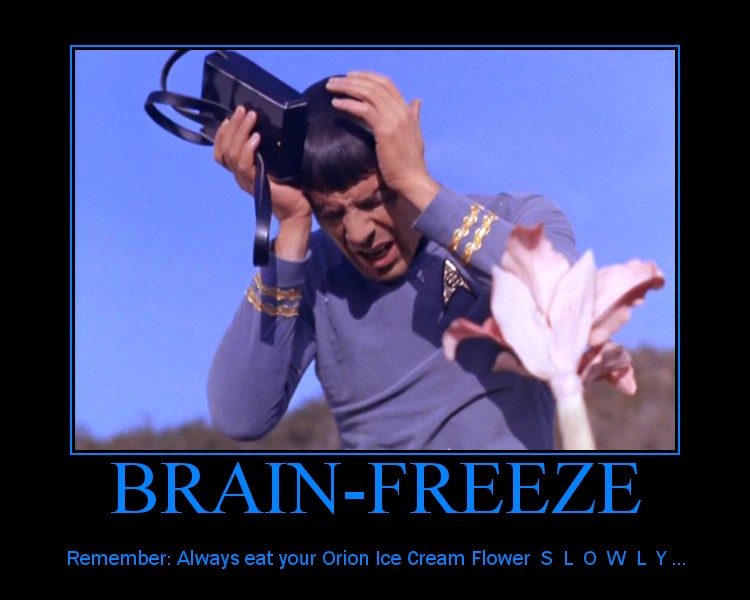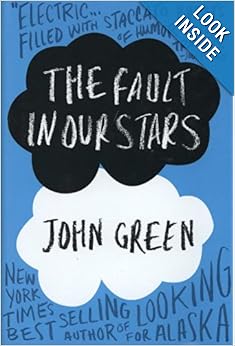"There is no passion to be found playing small - in settling for a life that is less than the one you are capable of living."
- Nelson Mandela
This - what Mandela said - is what we talked a lot about in the Africa Days. When we felt Big. We were (almost) fearless, we were on an adventure, and we were doing Good Work.
It was an amazing feeling, this post-college freedom, this sense of being more alive than ever before. We were young and full-to-the-brim of a very sincere desire to help.
Everything felt intense: the sunsets and sunrises, the sweetness of a mango on a warm afternoon, the shock of bathing in cold water, the sharpsour smells of goats and the cooking fire that clung to all the women's skirts.
We were a small group of American expats living in Kenya, teaching English in small harambee schools in remote parts of the country. "Harambee" is a Swahili word that means, essentially, "working together". Harambee schools are community supported, operating from student fees and village donations. Unlike the bigger city schools, they get no aid from government funds Our school, in Kimilili, was actually a hybrid: we got a little bit of government money, but mostly we needed those school fees.
Harambee and hybrid schools are poor. They don't have enough teachers, books, or even classrooms. Their budgets are uncertain because students periodically drop out to help the family by working on the farm. Sometimes the girls are pulled so their brothers can go to school, although this happens less and less often these days, thankfully.
When we were there, Nelson Mandela was in prison on Robbin Island. We paid close attention from Kenya, because there, like everywhere, he was the face of Black Pride. Of freedom and justice. Of the fight for equality. We felt as though our students' futures were tied to his - if he could defeat apartheid, perhaps our students too would defeat poverty, endemic illness, corrupt politicians, apathy, and helplessness. Like I said, we were young and sincere. Magic was possible. Mandela seemed magic.
We believed that helping educate these children was fighting for equality. Even though Daniel arap Moi was a democratically elected president (rigged elections notwithstanding), social justice in Kenya was still just a nice idea that only worked in other countries. There was no middle class. You were either very wealthy or very poor, and there was little opportunity to change the circumstances of your birth. Our students were the very poor. Most of them didn't stand a chance at going to college. But if we worked hard and tried to inspire, maybe 1 - or even 2 - would go further than his peers or his parents. Maybe they would have a shot at a better life, and would help contribute to a generation that refuted tribal nepotism and corruption.

This was our passion. This was how we didn't settle for a smaller life -- we insisted on the possibility of a bigger life for our students. We encouraged expressive writing and reading beyond the required list and creativity. They were never optimistic about their futures - they'd seen too much -- but we tried to be hopeful anyway - without being unrealistic.
We left before our students graduated. We tried to keep in touch with them, but as so often happens, after a few years, the threads broke. I know that most of my students led the life we knew they would, which isn't bad, but it's not as big as they were capable of.
One or two got lost in Nairobi. One killed himself.
But a few went to technical college, and that is a big deal. They were taught trades which gave them a better chance at eking out a living that wasn't dependent on the land.
I don't know how they fared in the years of political unrest or the riots after the last election a few years ago. Malaria, TB, dysentery, malnutrition, and a wide scope of commonly misdiagnosed or ignored diseases (AIDS, STD's, diabetes) have surely claimed some of them.
In the years after we left, Mandela was released from prison, elected president, and worked with de Klerk to foster a culture of working together rather than retribution. He worked magic.
As we all know, it was a pragmatic magic, the kind you have to use in a land that will break you if you don't accept its cruelty and perverseness along with its beauty.
And while its scope was limited in that it couldn't reach my students in any practical way, it was still magic in its ability to inspire, to infuse my children and me with the feeling that we were worthy, that we mattered in this world, that we could be bigger and better.
And so I honor Nelson Mandela, for all the reasons you've read about this week, and for the magic that urged us all to be big.















